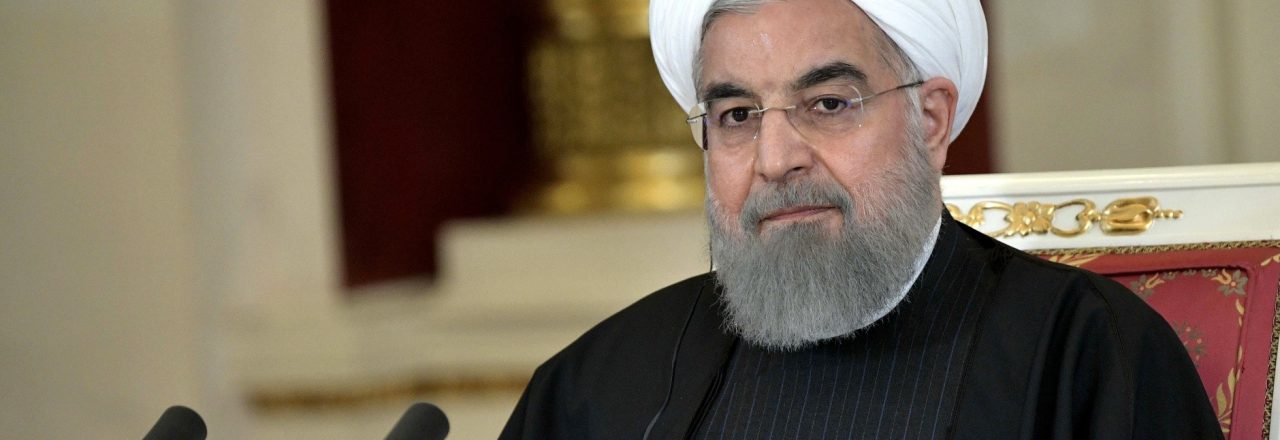
Nuclear crisis with Iran deepens as it announces the resumption of uranium enrichment activities
On 6 November Iranian President Hassan Rouhani announced that it will begin injecting uranium gas into more than 1,000 centrifuges at the underground Fordow nuclear plant. This was one of the main restrictions imposed to the country under the Joint Comprehensive Plan of Action (JCPOA) reached in 2015. The resumption of the nuclear activity at Fordow is the fourth move of this kind announced by Iran since May. The crisis has been escalating over the past weeks after a series of events which include the blocking of a UN inspector to visit the nuclear plant in Natanz. The latter triggered reactions from the EU, and the United States, which considered it an “outrageous provocation”. Mohammad Javad Zarif, the Iranian Foreign Minister, showed Iranian interest in continuing the talks but he declared that Iran will not accept “a zero-sum game”. However, on 4 November and in the occasion of the 40th anniversary of the US embassy hostage crisis in Teheran, the Supreme Leader Ali Khamenei ruled out the possibility of negotiations with the Americans. Also on 4 November the US Department of the Treasury imposed new sanctions against the inner circle of Khamenei, including one of his sons, his chief of staff, the head of the judiciary and senior military figures. The EU has showed its concern for the announcement made by Rouhani, since it “further reduce Iran’s commitments under the JCPOA”, declared Maja Kocijancic, EU Spokeswoman. Also Russia expressed its concern for the movement but also for the “unprecedented and illegal sanctions” imposed by Washington.
- The Euromed news are edited by the team of the Euro-Mediterranean Policies Department of the European Institute of the Mediterranean -


